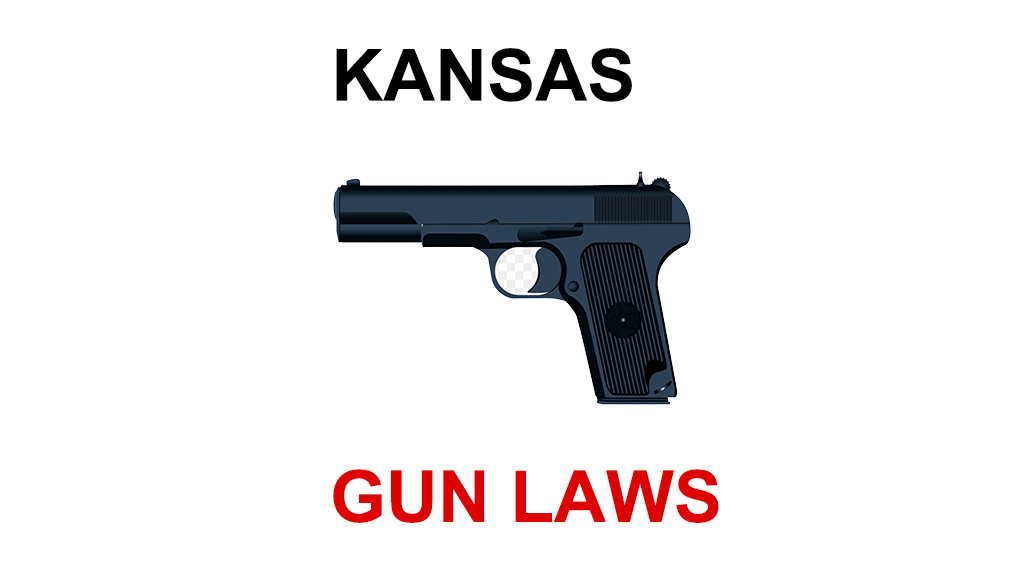
Image Credit: MateMedia
By Saul Roth
Here’s an overview of gun laws in the state of Kansas. Please note that laws can change over time, so it’s always a good idea to consult the most current and official sources or legal professionals for the most up-to-date information.
Permits and Licensing:
1. No permit or license is required to purchase or possess firearms in Kansas for individuals who are not prohibited by federal law from owning firearms.
2. Kansas does issue a License to Carry Concealed Handguns (CCH) for individuals who wish to carry concealed firearms in public.
Firearm Purchase and Transfers:
1. Private firearm sales and transfers do not generally require a background check in Kansas, but it is recommended to exercise caution and ensure compliance with federal laws when engaging in private firearm transactions.
2. However, licensed firearms dealers are required to conduct background checks for all firearm sales, including private sales at gun shows.
Assault Weapons and High-Capacity Magazines:
1. Kansas does not have a specific ban on assault weapons or high-capacity magazines.
Safe Storage and Reporting:
1. Kansas does not have specific laws regarding the safe storage of firearms, but it is generally recommended to store firearms in a safe and secure manner to prevent unauthorized access.
2. There is no specific requirement to report the loss or theft of a firearm in Kansas, but it is advisable to report such incidents to local law enforcement.
Carrying Firearms:
1. Kansas is a “constitutional carry” state, which means that individuals who are not prohibited from owning firearms can carry concealed firearms without a permit.
2. Kansas also issues CCH permits for individuals who wish to carry concealed firearms in other states that recognize Kansas permits.
Stand Your Ground Law:
1. Kansas has a Stand Your Ground law, which provides legal protections to individuals who use force, including deadly force, if they reasonably believe it is necessary to protect themselves or others from imminent harm or the commission of a serious crime.
It’s important to consult the official Kansas state statutes or seek legal advice to obtain comprehensive and up-to-date information on the specific provisions and requirements of Kansas’ gun laws.

Recent Comments